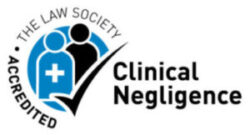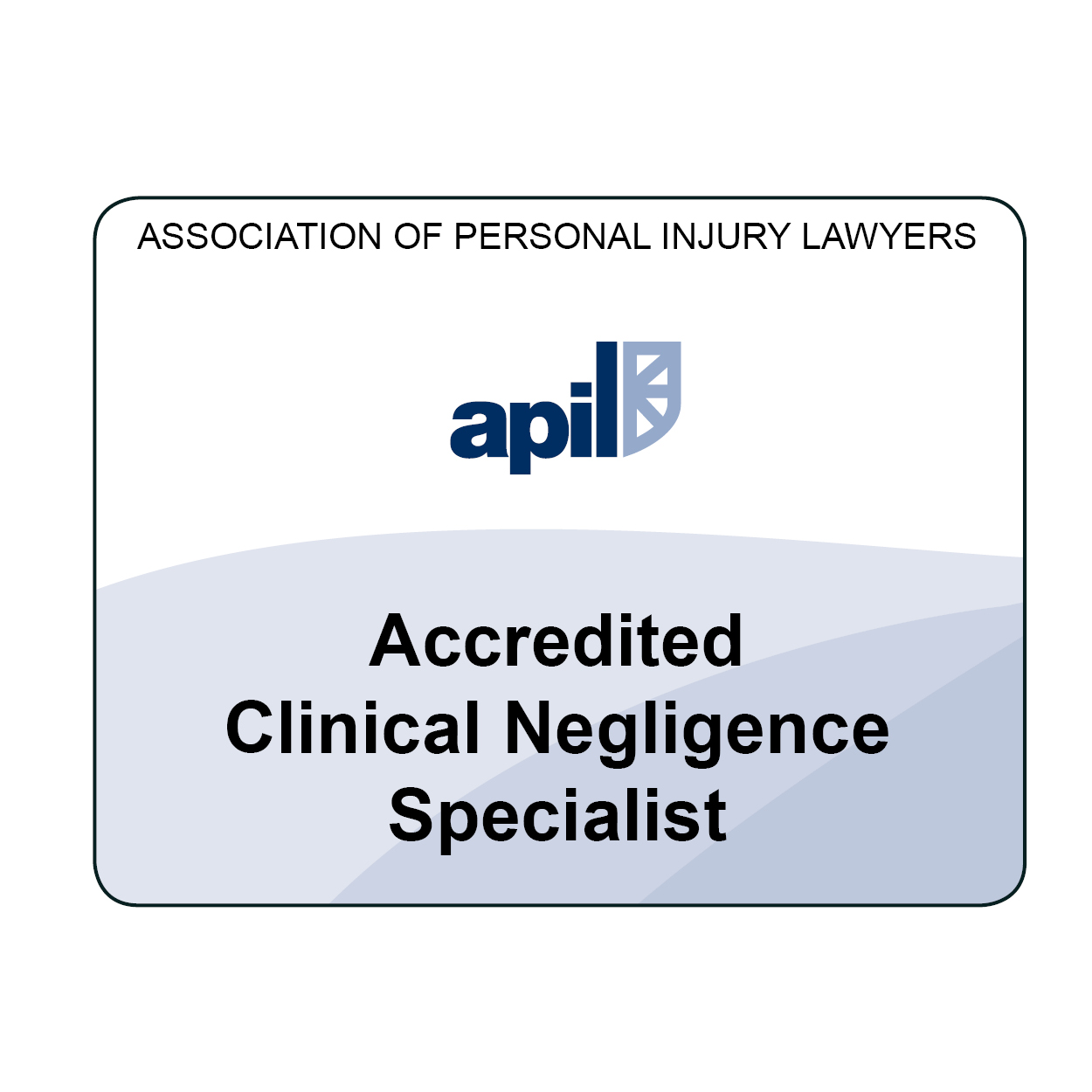A recent report directed by Dame Julie Mellor, Parliamentary and Health Service Ombudsman has found evidence of systematic cover-ups by the NHS in dealing with instances of substandard patient care and inquiries into it.
Her findings have helped shed light on a number of instances of potential medical negligence, and clearly demonstrates the need for the services of clinical negligence solicitors who work on clients’ behalf to get answers for individuals and families, as much as they do compensation.
The Ombudsman found that in around 75% of cases where NHS hospital investigations into avoidable harm and death yielded no evidence of failing or wrongdoing, serious errors had in fact occurred. What’s worse; the inquiry evaluated 150 cases and found that in 52% of them the NHS had appointed colleague of those involved in the case being investigated to review their actions, meaning their inquiry was not independent and the reliability of the findings questionable. There was also a significant lack of medical records, statements and / or interviews in the inquiries, which further undermines their credibility and represents a clear ‘red flag’ to any clinical negligence solicitor examining the cases.
Individuals and families that have taken the decision to pursue medical negligence compensation often cite lack of information or an unwillingness to correspond on the part of the NHS as being the reason for seeking the assistance of a clinical negligence solicitor. The Health Service Ombudsman itself describes the “wall of silence” they are too met with from NHS staff whenever they try to understand more about what has happened to them or their loved ones. Through their in depth and thorough investigations, a medical negligence solicitor is often able to provide answers to individuals and families that they otherwise may not have received fro the NHS otherwise.
The report by the Ombudsman brings to light some truly shocking instances of sub-par patient care and subsequent cover-ups. In one reported instance a one-day-old baby was left with permanent brain damage following mistakes made during a blood transfusion: the NHS review was conducted by a close colleague of the paediatrician running proceedings, who subsequently failed to interview any of the staff involved – it was three years before any real information was brought to light. In another, a young mother had her breast cancer concerns dismissed by two specialists who discharged her without follow-up care – she was then diagnosed with incurable advanced cancer in several areas of her body just 14 months later, yet the NHS never fully investigated her case. The Ombudsman also examined a case wherein a 36 year-old father was taken to A&E suffering chest pains and subsequently sent home without the immediate treatment needed to save his life; the NHS trust concerned refused to answer any questions raised by the family, exacerbating the suffering they had already undergone.
Commenting on the Ombudsmen’s report, Jason Brady, clinical negligence solicitor at Blackwater Law, said:
“Investigating and reporting on suspected cases of avoidable harm and death is crucial to ensuring NHS Trusts learn from their mistakes and can improve practices and procedures to prevent these form happening again. Failing to undertake truly independent investigations not only limits organisational learning however, it also undermines the public’s trust in this national institution.
“Many of our clients approached us not with the desire for clinical negligence compensation, but for answers to their questions, answers the NHS were not forthcoming with. It would not be unreasonable to predict that if the NHS better managed its investigations and reporting procedures, and was truly open and honest with patients and families where mistakes had been made, then fewer claims for medical negligence would be made.”
Whilst the aforementioned cases and inquiries could well mean the families of those involved are entitled to medical negligence compensation, clinical negligence solicitors are keenly aware that this small number of incidents are indicative of a wider trend, as Joyce Robins of Patient Concern indicates:
“It shows the NHS still has too much of a culture of cover up. Patients want hospitals to investigate a concern and admit if they were wrong, not sweep it under the carpet”
Dame Julie Mellor also issued the following statement in relation to the findings:
“Parents and families are being met with a wall of silence from the NHS when they seek answers as to why their loved one died or was harmed. Our review found that NHS investigations into complaints about avoidable death and harm are simply not good enough. They are not consistent, reliable or transparent, which means that too many people are being forced to bring their complaint to us to get it resolved”
Are you entitled to clinical negligence compensation?
If your or a family member feel you have been the victim of substandard medical practice, you may be entitled to medical negligence compensation. Contact Blackwater Law clinical negligence solicitors today by calling 0800 083 5500; it could be the first step towards getting the answers you deserve.





